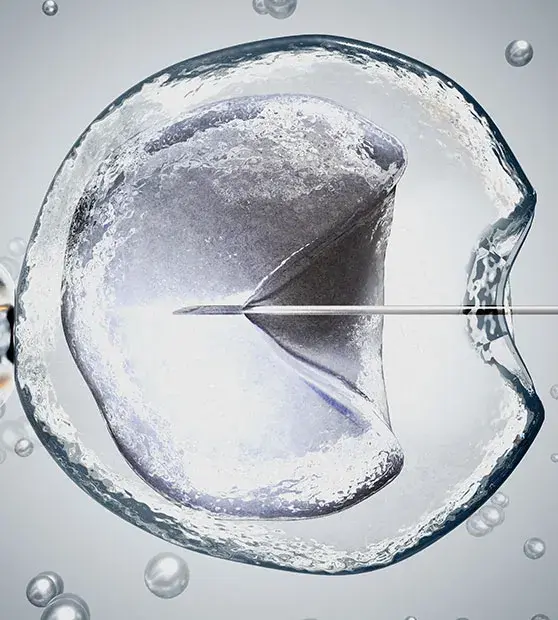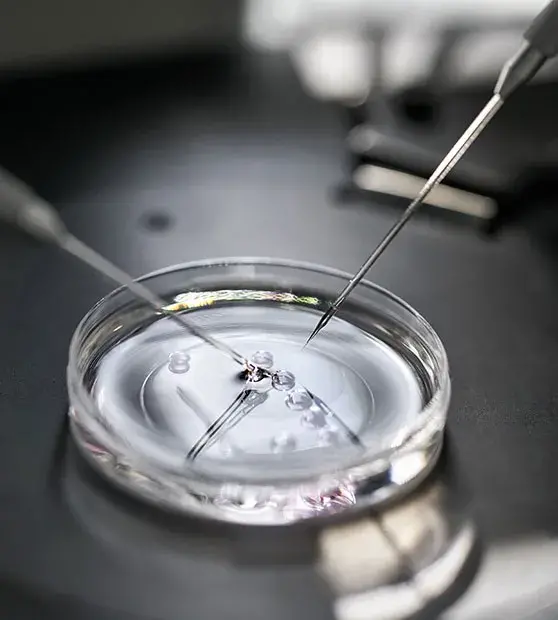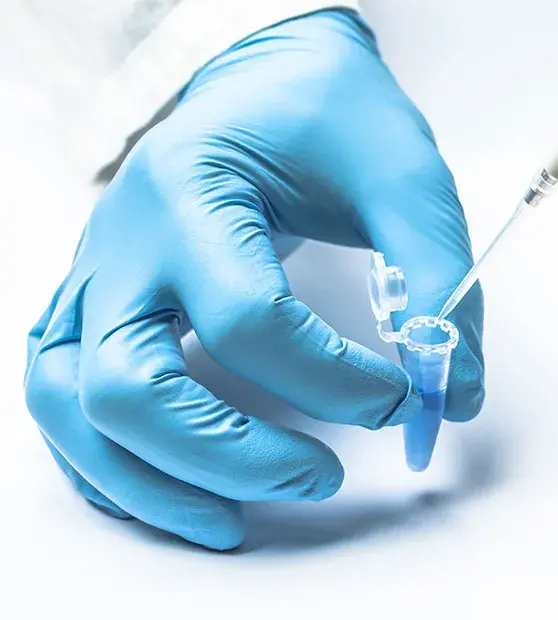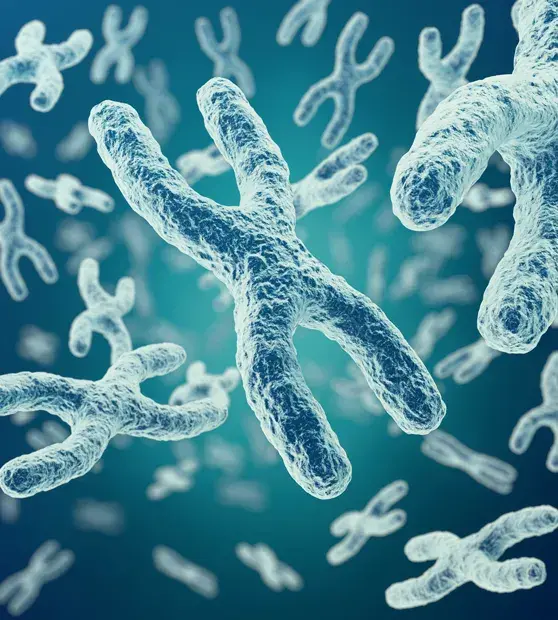Cancer
Cancer refers to a large group of serious diseases in which cells divide uncontrollably and spread into surrounding tissues, causing damage with long term aftereffects to reproductive health of individuals who survive the disease.
How does cancer affect fertility in women?
Certain cancers, including ovarian, endometrial(womb) or cervical cancer (neck of the womb), have a significant impact on women’s fertility by preventing normal functioning of ovaries, stopping the hormone production, and damaging the lining of the womb. More commonly, treatment of cancers including chemotherapy or radiotherapy can damage the eggs and the womb. Surgical treatment may need to include removal of the reproductive organs, including womb, neck of the womb (cervix) or ovaries, making it impossible to conceive.
How does cancer affect fertility in men?
Cancer or it’s treatment in the form of chemotherapy, radiotherapy or surgery can commonly affect men’s fertility by damaging the male reproductive organs including testes. This may interfere with sperm production, production of hormones such as testosterone and cause failure of normal sexual function including loss of libido. Besides, erection or ejaculation might be difficult due to damage to nerves and blood vessels in the pelvic area caused by cancer or treatment for cancer.
How does cancer treatment affect fertility?
Cancer treatment might have an impact on reproductive health. However, all cancer patients may not encounter fertility problems after treatment. Certain cancer treatment leads to permanent infertility in men and women. Some treatments may lower hormone production and decrease the number of eggs in the ovaries and stop or slow the production of sperm in men. Chemotherapy might be toxic to ovary function and results in temporary or permanent menopause. In addition, ovary function might be affected due to radiation therapy to the pelvic area.
Planning Family After Cancer Treatment
Though cancer treatment might affect fertility, it will be unavoidable as treatments ‘primary goal is to treat cancer and save life. Cancer patients interested in starting a family should be counselled about and consider fertility preservation before embarking on cancer treatment. Sperm or egg/ embryo freezing are good options for fertility preservation. Ovarian tissue freezing may now be available to young girls diagnosed with cancer.
The Takeaway
The cancer itself or its treatment can damage the reproductive organs. It is therefore recommended that in case of a cancer diagnosis, you urgently see an experienced fertility specialist to check your options of fertility preservation treatments suitable and available. At ART Fertility Clinic, we provide guidance and several options to preserve your fertility. Book your appointment today with our experts.





